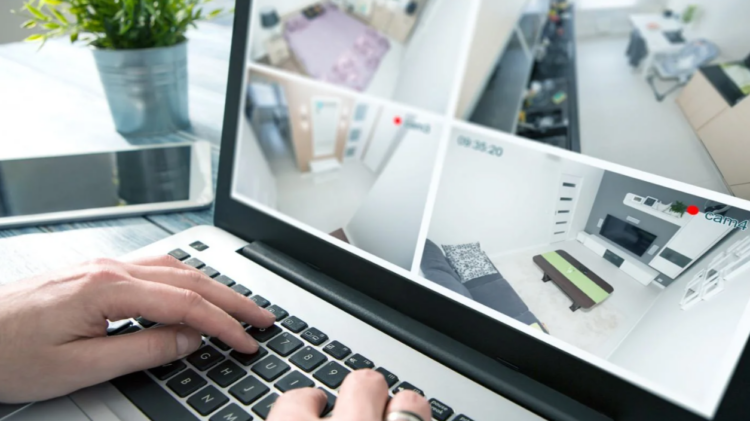Throughout the years, smart technology has become more prevalent in the tech industry. Now, smart technology is within every home. The standard components such as smart televisions and phones are just the tip of the iceberg. Washing machines, refrigerators, microwaves, and so many other kitchen appliances have found use in smart technology. Not only that, entire homes are operating on smart technology, providing optimal comfort to its inhabitants.
How do smart homes work?

Smart homes have all of their devices connected to each other for the sake of creating a unified remote for the entire household. The remote can be anything from a phone to a computer, allowing the user to quickly manipulate devices within the home itself through the simplest of mobile devices.
By using smart technology we can turn on, configure, and turn off devices without having to get close to them. These may also include smart locks, cameras, and other security measures within our homes.
However, this does bring over a mild issue with smart homes for some users. While they have a fantastic slew of convenient features, there’s a danger of our security details falling into the wrong hands. This can include anything from our gate’s password to functionality of our cameras. That’s why it’s important to know which devices are the most prone to harm and hacking, helping us avoid potential troubles.
Frequent hacking schemes

The first and foremost hacking scheme you should be aware of is phishing. Phishing involves hackers sending falsified emails, claiming they are reputable companies or administrative organs contacting us to assist in security breaches.
These emails will ask the user for their private information after a few paragraphs of fear mongering about compromised safety of the individual.
Never send private information to any person online, companies responsible for your safety will have necessary information already available to them. Their approach to fixing or informing you of security breaches will also be far more formal and usually link back to the site or FAQs that assist you in the current situation.
Another hacking technique that may be used against us is DNS hijacking. In this technique, hackers will breach the safety of your wireless network and route the traffic from that wireless point to their sites, where your info may get stolen by hackers, as it prompts you to insert said info frequently.
The best way to deal with consequences of hacking and their origins is to contact a professional team that can deal with it. Which is why you should contact Computer Forensics Lab. They will handle these hacking incidents and assist you with recovery as much as they can. No matter where the breach happened, you’ll need a service like this to get a proper report of the effects.
What are the likeliest devices that may get hacked
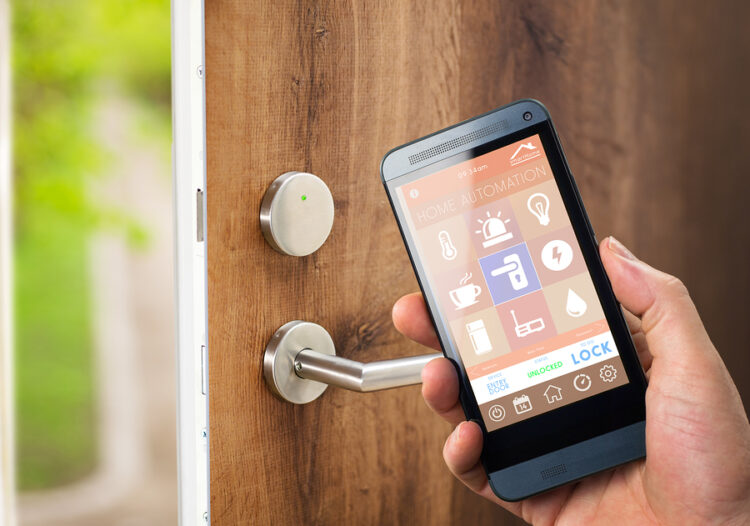
Now that we’ve looked through potential hacking approaches and elaborated on the concept of smart homes themselves, let’s see what devices are the most prone to hacks. In that same vein, we’ll note the dangers of those same devices being hacked.
Smart TVs
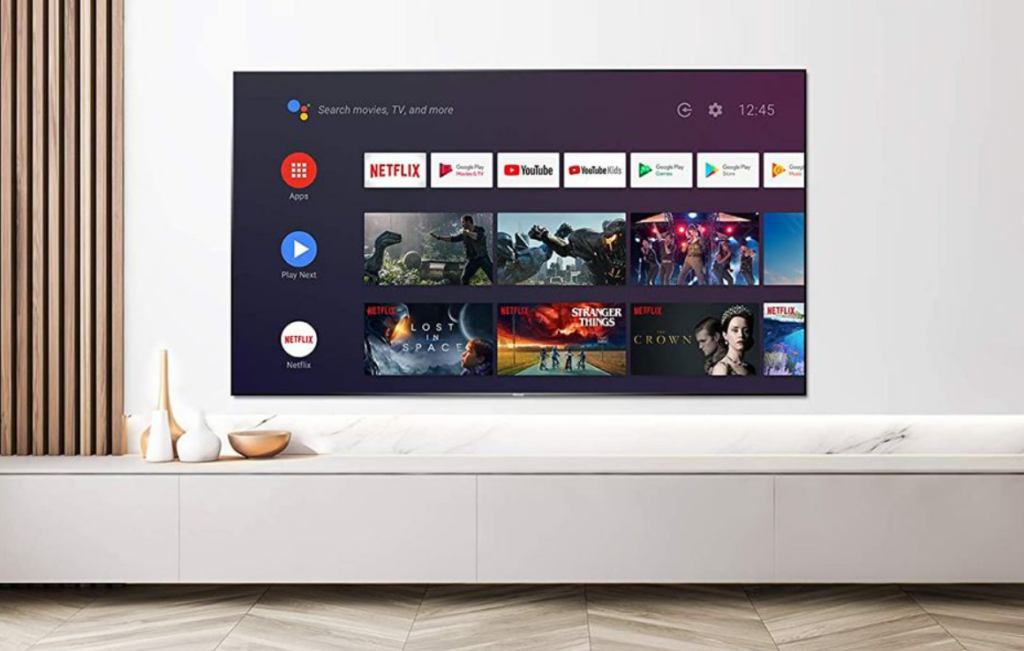
One of the most frequent smart devices in our homes is also among those who are the most compromised.
These breaches can sometimes be harmless. In these cases, hackers will limit their intrusions to switching channels or fiddling with configurations. They may also engage in switching up content to inappropriate one or trying to lock out content. These acts are rarely done for anything but hackers’ own entertainment.
While mischievous these pranks don’t hurt us past the obvious annoyance.
However, there are far more troublesome and dangerous aspects to these types of intrusions. Those include the hackers trying to get our payment information by looking for it in our TV subscriptions and their data. Of course, this is far harder than simple tricks mentioned before but it’s better to be safe and wipe any potentially useful data if you feel your security has been compromised.
Another malicious use of hacking that may happen is hackers using the device to spy on you. This will depend on your device’s capabilities but it’s safe to say no matter its features, our privacy will be intruded.
Smart Refrigerators
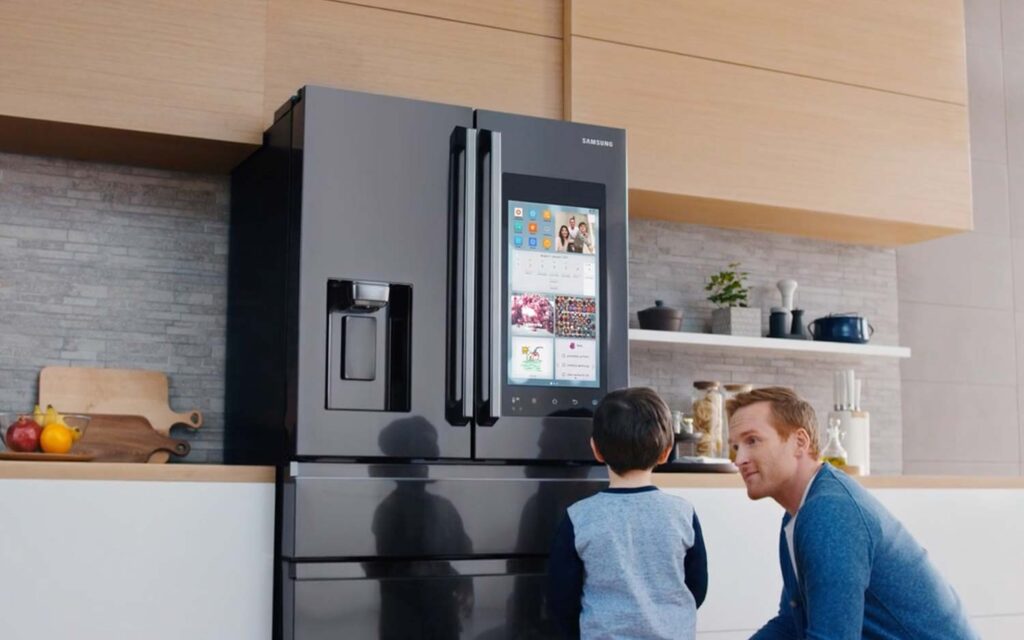
Connecting your refrigerator may not seem like the most fruitful of smart device choices but it’s important to remember that our fridges not only have multiple settings to choose from, their content also dictates our diet.
Those who have a certain meal plan in mind should be wary when connecting their devices to their Google accounts. While this interaction can make for a perfect food calendar, it can compromise safety too.
The key target for hackers who get access to smart refrigerators, or any other smart device that uses Google connectivity for that matter, is to get details of our email. This is done in order to obtain more information from the content of our Google accounts, as well as obtaining email information that could be sold to other actors.
Security cameras
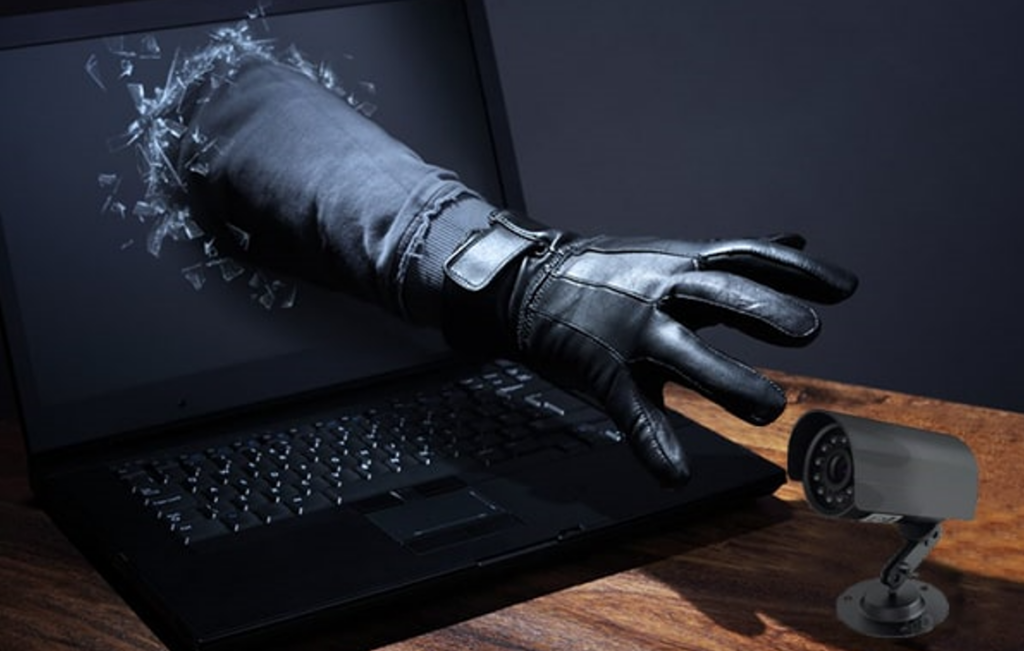
Now this is one of the most important ones. Security cameras are always tied to our feeling of safety as their inclusion is meant to alleviate any worries about unwanted intruders.
These cameras may also end up hacked, especially dangerous is the fact that even a single vulnerable camera can compromise the entire system.
By hacking our cameras, the hackers can spy on our household and get footage of our home. Not only is this extremely intrusive to our privacy, it can also compromise our safety by giving any potential burglar or robber a chance to survey the area for vulnerable spots to intrude through.
Data theft is also possible through hacking of our security cameras. The most mundane and direct way of doing so is hackers revising the footage and finding the recordings of us typing important security details into other devices. This can range from laptop passwords to security gate’s access key.
Conclusion
Our safety and safety of other inhabitants is paramount. This is why it’s important to be wary and protect ourselves from cyberattacks targeting our smart devices and ensure an environment that’s devoid of privacy intrusions.
To prevent sudden intrusions of privacy we suggest you keep your password to yourself. Share it with as few people as possible and make sure your wifi network is well defended.
Any sort of account that offers two step authentication should have it, along with backup emails that serve as retrieval options so any breach of security can be swiftly rectified.
By employing good security practices you’ll reduce the chance of invasive hackers and data theft. This will allow you to indulge in the convenience of smart homes without the security detriments that come with them.
